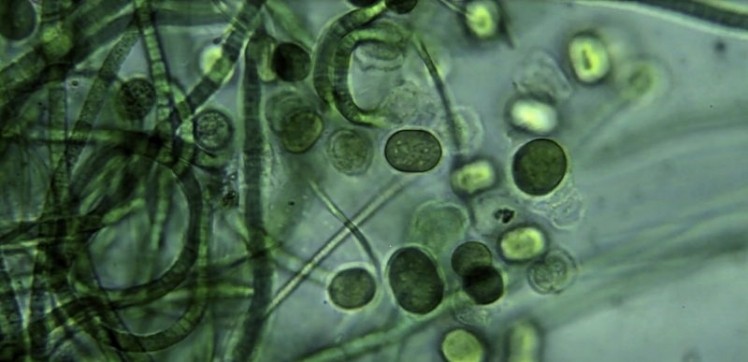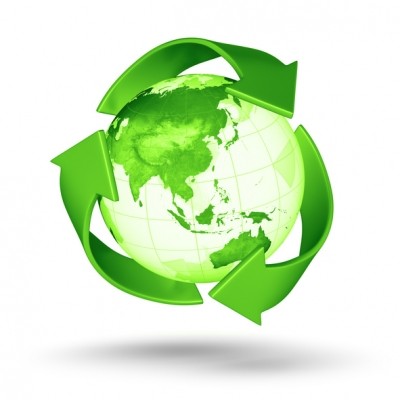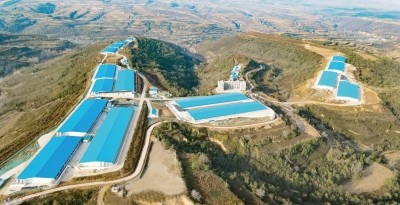Pond Technologies and AB Agri partner to allow scalable production of algae from carbon emissions

Until now, the technology to produce algae at the scale, quality and cost required to be an affordable ingredient for animal feed, has remained elusive, said the partners.
“This exclusive partnership, which brings together Pond’s ground-breaking technology with Livalta’s expertise in new proteins for animal feeds, is set to change that. The first product will be spirulina, combining 60% protein with omega-6 and essential vitamins and minerals.”
Under the terms of the agreement, AB Agri will purchase an algae demonstration system from Pond for CA$2.2m that will be installed at British Sugar’s Wissington site in Norfolk in 2022.
That pilot operation will be followed by a commercial-sized plant at the same site producing 20,000 tons of spirulina from CO2 emissions.
"We estimate the pilot plant will run for around 12-18 months. During that time, we would carry out an engineering and commercial feasibility study for the commercial-sized plant. We envisage having the industrial facility running at full capacity two to three years after starting the pilot," a spokesperson for AB Agri told us.
As part of the tie-up, Pond will also receive up to CA$2m in technology access fees and an ongoing royalty based on the production from any commercial algae plants deployed in the future.
In terms of potential markets for the resulting spirulina product, the spokesperson said it will be targeted at all livestock sectors along with the pet food arena.
Access to multi-billion-dollar animal feed market
Grant Smith, CEO, Pond Technology, said the company gains access to the multi-billion-dollar animal feed market through this "landmark" commercial partnership. “The further validation of our model provides us significant momentum in expanding our sales funnel."
Located in Ontario, Pond has begun to license its technology to third parties for ongoing license fees and royalties. It says its "disruptive" technology platform is based on artificial intelligence, proprietary LED-lights and patented CO2-management.
Indeed, speaking to FeedNavigator back in early 2020, Peter Howard, vice president, project development, Pond Technologies, told us how the company got going in 2009 when founder, Steve Martin, who was versed in photonics and optics, turned his attention to algae production and his analysis found that some of the challenges in scaling algae production had to do with providing light, not with the algae.
Pond grows algae in large vessels (bioreactors), which are engineered to automatically regulate the inflow of CO2 or nutrients while reducing the need for manual supervision. "Our deep expertise in lighting coupled with a series of sensors allow us to optimize growth conditions. After only a few days, the algae are ready for harvest and can then be processed into marketable products, just like any other crop."
It says the use of concentrated CO2 from industrial waste streams enables it to boost productivity of microalgae well beyond the capacity of outdoor algae growers and allows industrial emitters to abate and ultimately recycle CO2. Its system bolts onto existing industrial facilities.
Carbon neutral goals
Regarding how environmentally friendly this particular approach to producing feed proteins is, the AB Agri spokesperson commented:
"Initially, the process takes CO2 emissions out of the air: One ton of algae sequesters nearly two tons of CO2 . In terms of total carbon footprint, this depends on the energy needs and sources used for growing and processing the algae. For the commercial size plant, we would aim to be carbon neutral, using equipment with low energy needs and renewable energy sources."













